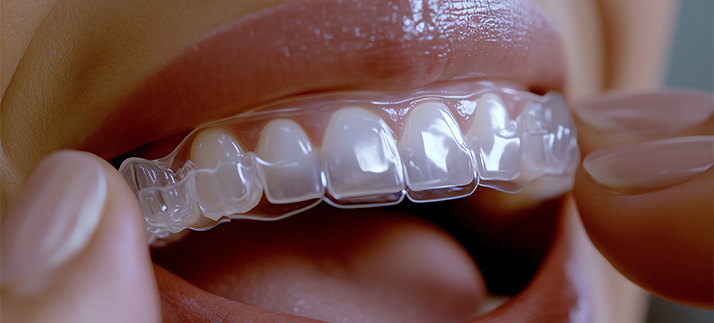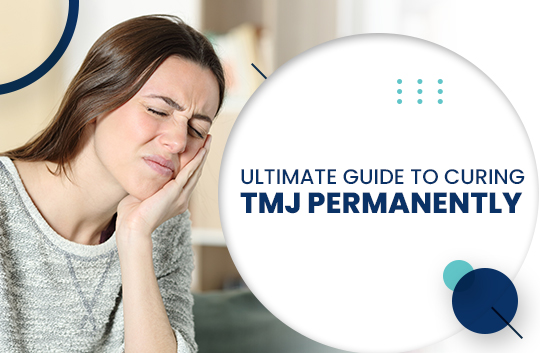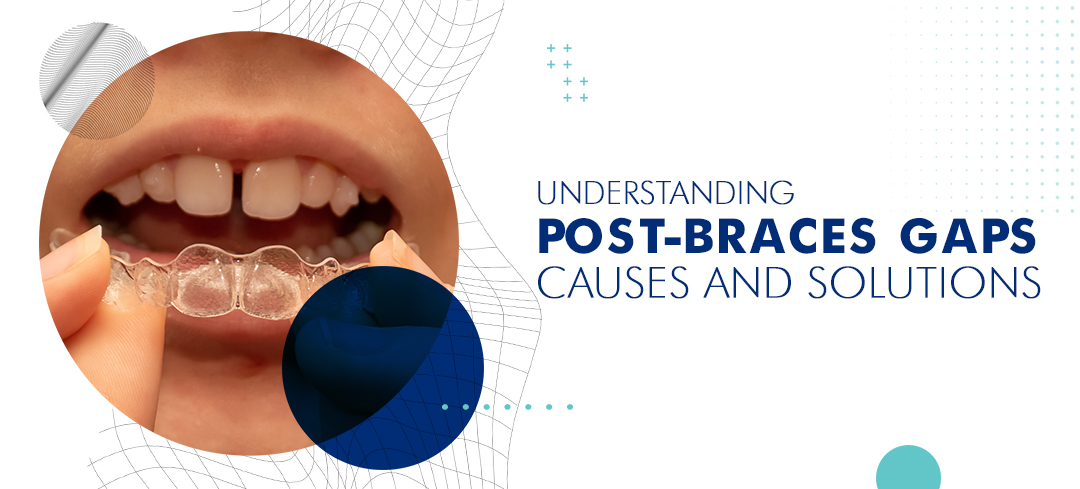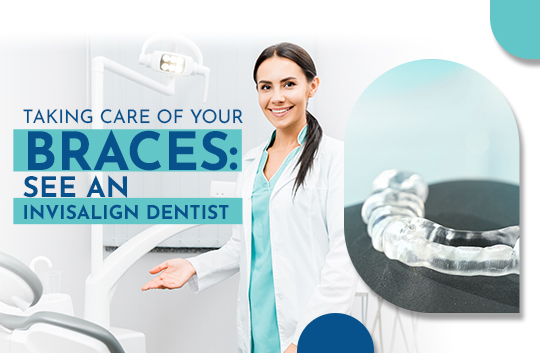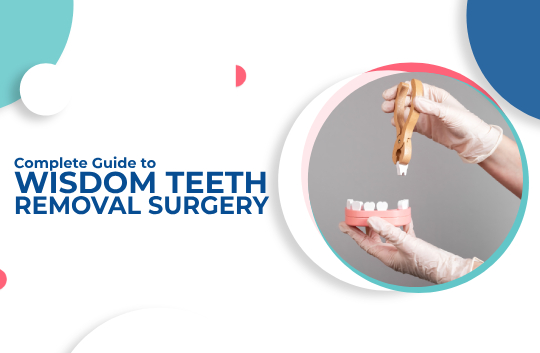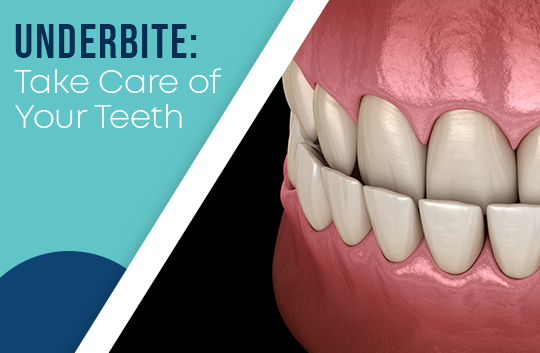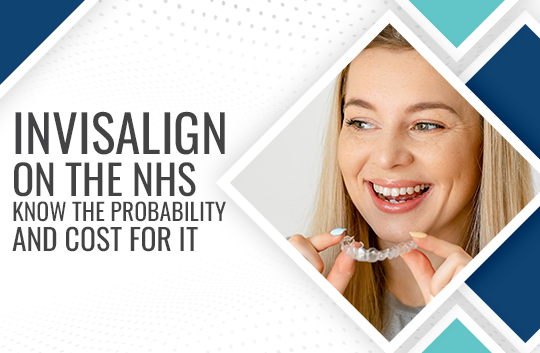
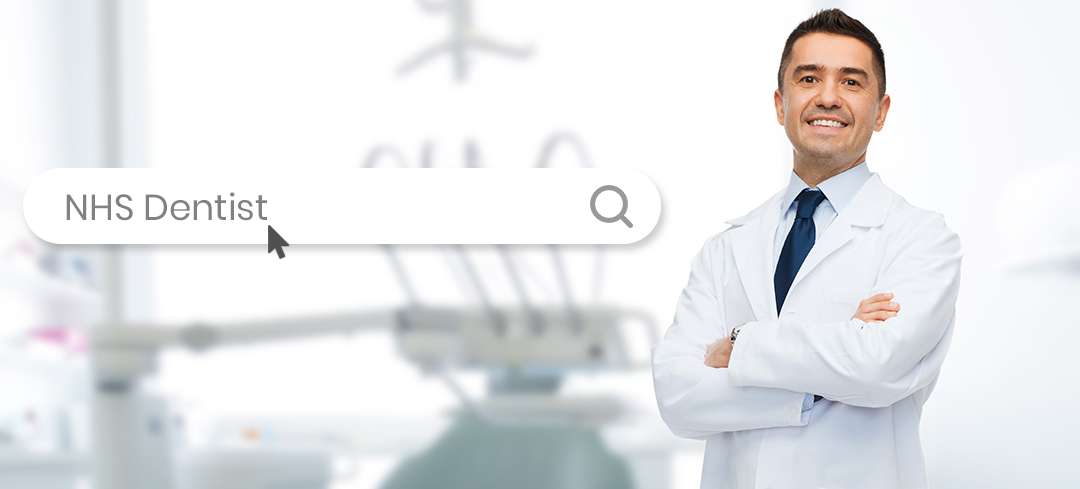
NHS Dental System: How Can You Find an NHS Dentist?
The NHS dental system charges fee for each item where patients need to pay for the treatment they obtain. There are certain discounts and exemptions available for groups such as children, pregnant women and those on low income. It is important to know that all dentists do not provide NHS services, as some want to work exclusively in the private practice. Private dental care provides more flexibility about the treatment options and appointment availability though it can be more expensive than the NHS care.
Importance of contacting an NHS dentist
Searching for an NHS dentist is necessary due to several reasons.
- Firstly, an NHS dentist provides access to affordable dental care and treatment. There will be certain amount of fees charged by the NHS dentists, making them an affordable option when compared to private dentistry option. This is extremely beneficial for the individuals who might not have financial support for private dental care.
- Secondly, an NHS dentist offers an extensive range of benefits beyond affordability. These trained professionals provide all-inclusive oral health evaluations, preventive treatments such as fluoride applications and mouth cleanings, and restorative treatments such as extractions and fillings. Routine check-ups with the NHS dentist may detect and address oral concerns early by preventing them from becoming serious and expensive.
How to register with the NHS dentist
Registering with an NHS dentist is quite straightforward. Some steps need to be followed for registering with an NHS dentist:
- Step 1: Search for an NHS dentist near you with the NHS website or by dialing NHS 111.
- Step 2: Visit the dental practice to know whether they are accepting new NHS patients.
- Step 3: If the dental clinic accepts new NHS patients, schedule an appointment for a routine check-up.
- Step 4: Attend check-up appointment and get necessary information such as your NHS number, medical record, identity proof, address process, and eligibility criteria for discounts or exemptions.
- Step 5: If the dentist confirms you are the right candidate for NHS treatment, you will be registered as NHS patient at the dental practice.
- Step 6: Schedule appointments in future for NHS treatment at the dental clinic.
Steps to find an NHS dentist near you
Searching for NHS dentist near you and your location are necessary for accessibility and convenience. Having a dentist close to home or work makes it convenient to book appointments and ensures you can seek dental care quickly when required. You may use various l methods to search for an NHS dentist in your area.
- Use the NHS website to search for a dentist
The NHS website is valuable for finding an NHS dentist near you. It has a user-friendly interface, allowing you to find dental practices based on the location. You will have to enter your postcode or town name and mention the distance for finding a dentist. The website displays a list of dental practices in that area.
You may refine your search by choosing specific criteria such as accessibility of wheelchair or availability of specific treatments. This ensures you search for a dentist who will meet your specific requirements. The website provides additional information about each dental practice such as - opening hours, contact details and patient reviews.
To search for an NHS dentist, visit NHS website and navigate through the section of dental services. Then enter the location and find out available options. Go through online reviews and ratings of patient to get an idea of the quality of care each dental clinic provides before taking any decision.
- Seek recommendations from family members and friends
Get recommendations from friends and family members who already have an NHS dentist and can help you to search for a reputed dental practice. They may give insights into their personal experiences with the dentist, including quality of care, professionalism, and level of satisfaction.
When you are looking for some recommendations, it is necessary to consider your needs and preferences. For example, if you need specialized treatments such as oral surgery or orthodontics, asking someone who has already received similar treatments. Besides, you can ask the individuals with similar values and priorities for better healthcare services.
Contact family members and friends you can trust upon to ask for some recommendations and explain you are finding an NHS dentist. Do ask them about their experience level, including the dentist's style of communication, cleanliness of dental practice, and overall atmosphere. This information can help to take an informed decision when choosing a dentist.
- Check with the local NHS trust
Your local NHS Trust will provide valuable support in searching for an NHS dentist. NHS Trusts manage healthcare services in their respective areas, including dental care. They have proper access to comprehensive databases of dental practices and can offer you with a list of NHS dentists near you.
You may contact your local NHS Trust by visiting their website. They will provide you with necessary information about available dental practices, including their contact details and specific services they provide. Besides, they can give insights about the quality of care provided by each dental practice based on overall feedback and ratings of patient.
When contacting the local NHS Trust, make sure you have the details such as your postcode or town name. This will help them to provide you with accurate information about the dental practice in your specific area. They may ask about specific requirements or preferences you have such as accessibility of wheelchair or availability of specific treatments.
- Get in touch with NHS 111 for further help
NHS 111 is a non-emergency helpline offering medical support and advice 24 hours a day and seven days a week. It is a helpful source for the individuals who require immediate dental help in searching for NHS dentist. These professionals at NHS 111 can guide you to appropriate dental services in your area.
If you need to contact NHS 111 for dental assistance, dial the helpline number 111. You will be connected to the operator who asks questions to evaluate your situation and find out the most appropriate course of action. They may give advice over the phone, direct you to out-of-hours dental service, or help you search for an NHS dentist near you.
When contacting NHS 111, it is necessary to give detailed information about your dental concern you require. This will let the operator to provide the most relevant support and advice you need. You need to stay prepared to answer questions about your symptoms, present medical conditions, and medications you take.
- Use online directories to search for NHS dentist
Online directories can help in searching for an NHS dentist in your area. These directories pile up comprehensive lists of dental practices and enable you to find them based on specific criteria such as location or services offered. They provide relevant information about each dental practice such as opening hours, patient reviews and contact details.
In order to use online directories for finding an NHS dentist, see a reputed directory website and enter your location details. You can discover the available options and filter the results based on your choices. It is advisable to go through patient reviews and ratings for an idea on the quality of care provided by the dental practice.
Some directories provide user-friendly interfaces and comprehensive databases of dental practices across the UK. They may help you to search for the NHS dentist near you.
- Check with the local dental school
Local dental schools are a valuable resource to find an NHS dentist. These dental schools usually have clinics where the students offer treatments at a reduced cost, provide NHS services or refer you to the nearby dental practices that provide NHS care.
To check with the local dental school, visit their website or administration office. They will inform you about their clinics and available NHS services. Besides, they may give necessary insights into nearby dental practices that provide NHS care.
Contacting with the local dental school helps to get necessary details such as postcode or town name. This will help to provide with accurate information about dental practices in your area. They may also ask about any requirements or preferences you have, such as wheelchair accessibility or availability of some treatments.
Know the costs of NHS dental treatment
The NHS dental treatment costs are generally more affordable in comparison to private dental care. The fees charged by these NHS dentists can be categorised into three bands, based on the complexity of the treatment to conduct. Each band consists of a fixed fee, covering all necessary treatments within that band.
- Band 1 – The treatment costs from £26.80 and covers an examination, thorough diagnosis with X-rays, necessary advice on preventing problems in future, a scale and polish treatment when clinically needed. It also includes preventative care such as application of fissure sealant or fluoride varnish, when appropriate.
- Band 2 – The price starts from £73.50 covering everything listed in Band 1 with further treatment such as fillings, teeth removal, root canal though not more complicated items covered in Band 3.
- Band 3 – The cost begins at £319.10 covering everything listed in Bands 1 and 2 above with dentures, bridges, crowns and other laboratory works.
Certain groups may exempt from paying NHS dental fees or are eligible for the lessened fees. These groups include children below 18 years, pregnant women, individuals who obtain certain benefits or have low income, and those with specific medical conditions. You need to check with the dentist or the NHS website to find out whether you are eligible for the discounts or offers.
Source: https://www.nhs.uk/nhs-services/dentists/understanding-nhs-dental-charges/
Great tips to maintain good dental health
Maintaining good dental health is necessary for your overall well-being and can avoid oral problems in the long run. Below are some tips to maintain your healthy smile:
- Brush teeth at least two times in a day with fluoride toothpaste. You should do brushing for at least two minutes and cover all the surfaces of your teeth.
- Floss daily to get rid of plaque and small food particles between the teeth and your gumline.
- Do not use tobacco products or smoke as they may increase the risk of tooth loss, gum disease and mouth cancer.
- Restrict the intake of sugary and acidic foods and drinks, as they might lead to tooth decay and erosion. Choose healthier options such as vegetables, fruits and water.
- Use mouthwash as part of your dental hygiene routine to get rid of bacteria and freshen up your breath.
- Maintain a well-balanced diet including necessary nutrients for your oral health, such as calcium, vitamin C and vitamin D.
- See your NHS dentist daily for check-ups and cleanings. Regular oral appointments can help to detect and identify dental problems at an early stage.
- When you take part in sports or other activities that have greater risk of oral injuries, it is necessary to wear a mouthguard and protect damage to your teeth and gums.
Thus, the NHS dental system in the UK has a crucial role in offering affordable dental care and treatment to the people. Dental care is necessary to maintain good oral health and overall well-being. Seeing an NHS dentist is important as it ensures proper access to affordable dental care wide a range of benefits beyond affordability.
FAQs
What should you know about the NHS dental service?
The NHS dental service, healthcare service in the United Kingdom is publicly funded which provides dental treatment and care to suitable patients.
Who can qualify for NHS dental treatment?
All the residents of UK are eligible for NHS dental treatment. But some treatments may need patients to pay a certain amount of fees.
How can I search for an NHS dentist?
You can search for an NHS dentist by contacting NHS or with the NHS website. You may even seek for recommendations from family and friends or search for local NHS dental practices online.
What services can be offered by NHS dentists?
NHS dentists offer several services, including check-ups, extractions, fillings, dentures and root canal therapy. The NHS won’t cover for some cosmetic dentistry treatments, such as teeth whitening.
What is the cost of NHS dental treatment?
The cost of NHS dental treatment depends according to the treatment to perform. Some treatments include – checkups and fillings which are free for qualified patients while others need patients to pay some fees.
What should you do when you cannot search for an NHS dentist?
If you have difficulty in finding an NHS dentist, get in touch with NHS England for assistance. You may consider private dental treatment, though this can be more costly than NHS treatment.
Source: https://www.nhs.uk/nhs-services/dentists/how-to-find-an-nhs-dentist/
 70 Great Russell St, Holborn, London WC1B 3BN, UK
70 Great Russell St, Holborn, London WC1B 3BN, UK



